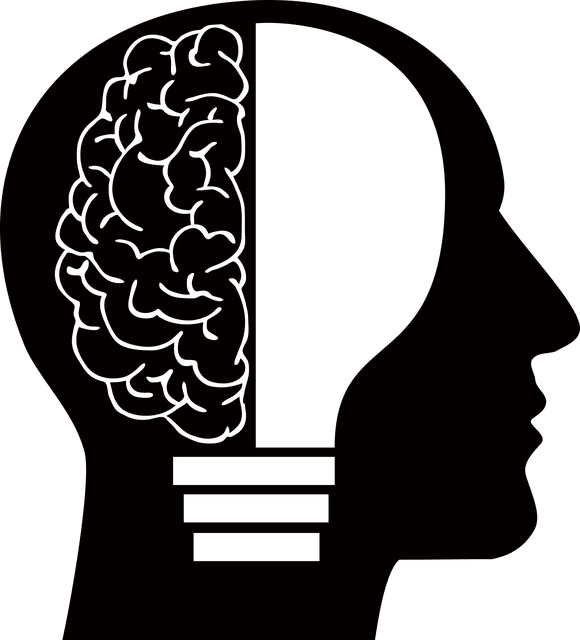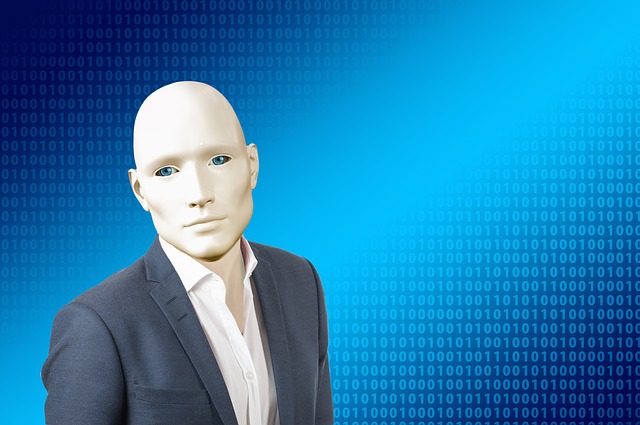Artificial intelligence (AI) is often touted as the most exciting technology of our age, promising to transform our economies, lives, and capabilities. Some even see AI as making steady progress towards the development of ‘intelligence machines’ that will soon surpass human skills in most areas. AI has indeed made rapid advances over the last decade or so, especially owing to the application of modern statistical and machine learning techniques to huge unstructured data sets. It has already influenced almost all industries: AI algorithms are now used by all online platforms and in industries that range from manufacturing to health, finance, wholesale, and retail. Government agencies have also started relying on AI, particularly in the criminal justice system and in customs and immigration control.
In a recent paper (Acemoglu 2021), I argue that current AI technologies — especially those based on the currently dominant paradigm relying on statistical pattern recognition and big data — are more likely to generate various adverse social consequences, rather than the promised gains.
These harms can be seen in product markets and advertising, in terms of inequality, wage suppression and job destruction in labour markets, and in the broader societal effects of AI in the context of social communication, political discourse, and democracy.
AI, control of information, and product markets
In all of these cases, the main problem is not AI technologies per se but the way that leading firms, which have an overwhelming effect on the direction of AI technology, are approaching data and its use.
Take the use of machine learning and big data methods in advertising and product design. Although, in principle, these methods can benefit consumers – for instance, by improving product quality and enabling customisation – they can ultimately have various adverse effects on consumer welfare. To start with, firms that acquire more information about their customers may use this knowledge for price discrimination, potentially capturing more of the rents that would have otherwise gone to consumers. In an oligopolistic market, harvesting of consumer data can relax price competition as well. Intuitively, this can happen when price discrimination by a firm that has superior knowledge makes its core clientele less attractive to other businesses, encouraging them to raise their prices. This upward pressure on prices would, of course, further damage consumer welfare.
Other uses of these new techniques could be even more detrimental to consumers. For one, online platforms may come to control excessive amount of information about their users, because when they buy or acquire the data of some users, this also provides information about other users. This type of ‘data externality’ is more likely to arise when users directly reveal information …….
Source: https://voxeu.org/article/dangers-unregulated-artificial-intelligence



